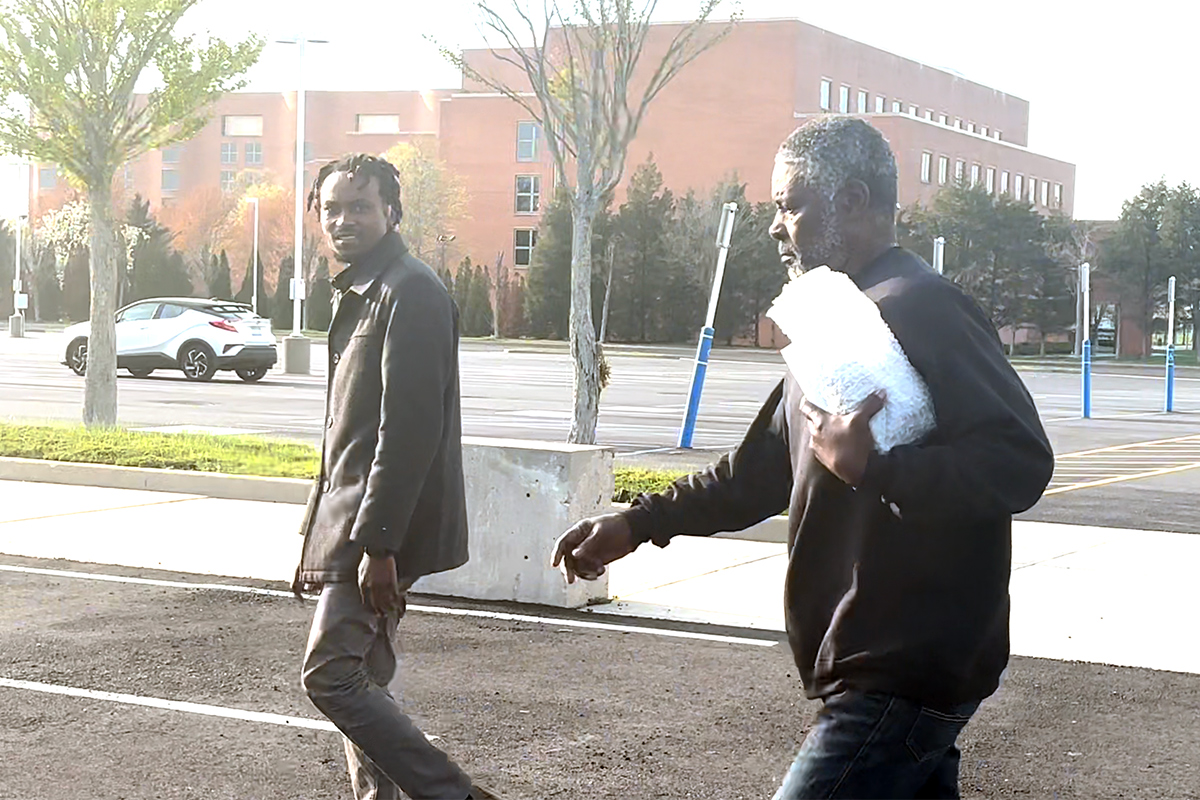Republicans call on DA to investigate Democrat’s demand of independent redistricting for bond approval
Nassau County Attorney John Ciampoli revealed at a press conference on April 26 that he asked District Attorney Kathleen Rice to investigate if all nine Democratic county legislators engaged in criminal activity. He cited the Democrats threat of refusing to vote on bond approvals if a compromise on redistricting is not reached.
The county attorney read a Dec. 15, 2011 correspondence from Democratic Minority Leader Kevan Abrahams, which was also signed by the other eight minority legislators, advising County Executive Ed Mangano that, “we cannot in good conscience consider any borrowing requests for any purpose until we arrive at a satisfactory resolution of legislative redistricting.” The county is looking to borrow up to $140 million, which requires a super majority (13 of 19) vote from the legislature.
Ciampoli called the Democrats’ act an “obstruction of governmental process” and said actions of this nature would be punishable by “a minimum of one year in jail for each count.”
There must be a monetary, personal or political benefit to the lawmakers, Ciampoli noted, to get a criminal charge, adding that he was not aware of any legal precedent for the case. Abrahams’ letter concluded, “Until there is fair, nonpartisan redistricting, there will be no bonding.”
Abrahams could not be reached for comment.
“The proposition of an illegal quid pro quo, where government operations are being held hostage in return for something of a political advantage…is criminal conduct,” Ciampoli said. “It is a crime for a public official to ask as is done here in writing, for some personal gain or political advantage in return for an official act.”
Ciampoli said the political advantage would be to have district lines that favor Democrats. Democratic Communications Director Mike Florio summed up the press conference as an, “attempt to deflect attention from Mangano’s failure to fix assessment and balance the budget without reckless borrowing.”
Mangano did not return calls for comment.
If approved, the borrowed funds would go toward tax refund settlements and judgments. Nassau lawmakers plan to vote on the matter on May 7.
Democrats have made it no secret that they want more information concerning the tax refunds, who will be receiving them and more transparency in redistricting. Last year, Democrats blocked a vote to redraw district lines.
“There’s no guarantee that when these lines are drawn that these particular legislators would be the ones running in those seats,” Florio gasped. He stated further that the GOP accusations are “baseless.”
“There’s trade-off, there’s back and forth, this is politics,” Florio said.
Ciampoli affirmed that the Democrats’ demands could bring charges of third-degree bribery, coercion, official misconduct and obstruction of government administration.
“We have attempted to deal in court and in the legislature with the question of getting taxpayers the refund they’re due under real property tax law from Nassau County,” Ciampoli said.
Florio tried to squash any implication of as illegal activity, stating, “This represents a rogue administration attempting to criminalize the legislative process and engage in political prosecutions which have no place in American democracy.”
Originally, Ciampoli, a Republican, requested on April 2 Acting New York State Inspector General Catherine Leahy Scott investigate the purported criminal action. Scott’s office declined to comment, but called this matter “jurisdictional.” Therefore Rice, a Democrat, was called on to essentially investigate her own party.
“I saw it as a good first step to go through her office because it took it out of the milieu of Nassau County politics,” Ciampoli said. “I apologize to the district attorney for visiting this upon her office. I am certain that she will act professionally and appropriately and consider how to pursue this matter.”
The April letter showcases a four-month gap between Abrahams’ letter and county action on the alleged criminal act. Rice’s office declined to comment.
“The actual actions taken [between letters] on the floor of the legislature subsequent to the letter, made the letter more than an empty threat,” according to Ciampoli.































